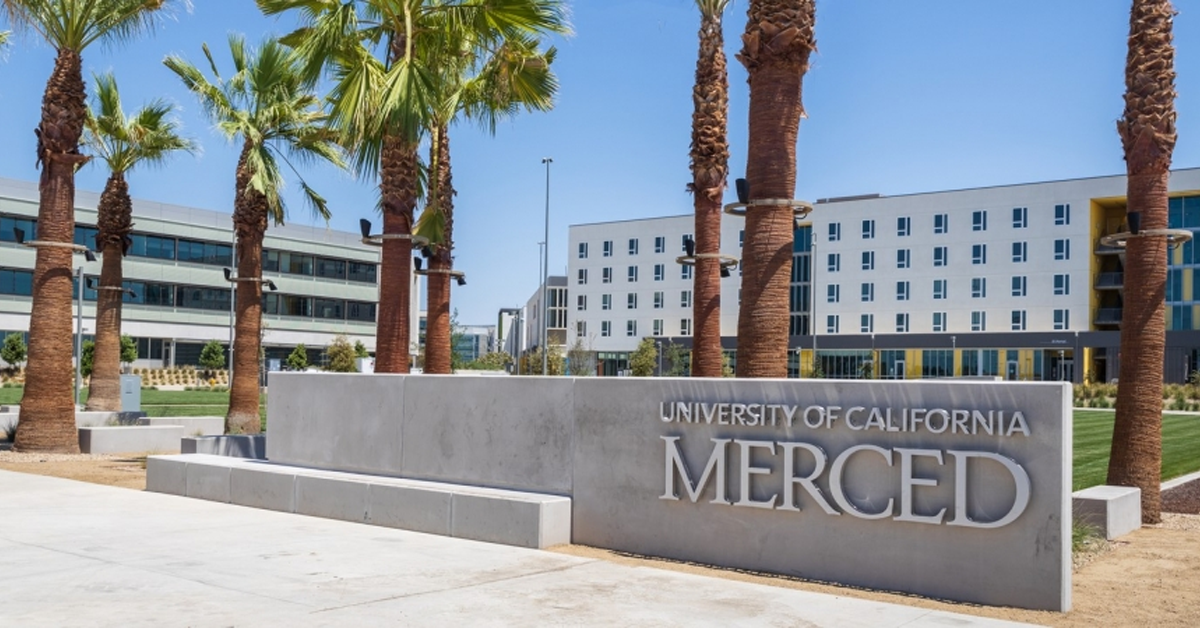The hunt for a silver bullet to alleviate a local housing shortage and rein in the largest living expense of residents isn’t proving to be easy.
Need proof? Just ask lawmakers in the city of Merced, who spent a hefty chunk of Tuesday debating the matter.
Following two council meetings in April that kicked off the discussion on various policies affecting development and affordable housing, city staff returned to the council with an extensive presentation with the goal of determining the necessary steps the city should take with new policy.
While Merced – along with nearly every city in California – finds itself in the midst of a housing crisis, the city has made significant progress over the past decade in fostering new developments.
The city has its own unique challenges, starting with an insatiable appetite for housing units for students at the ever-growing University of California, Merced.
But shortages in housing stock go beyond student populations and into the general populace.
What, exactly, does progress look like?
Turn the page to 2010, when the north Valley city only issued a single permit for a single family home and two permits for multi-family units.
A decade later, permitting at City Hall has turned into a flurry, registering at 723 permits for single-family units and 389 permits for multi-family units in 2020.
Across the decade, Merced handed out 2,441 single-family units and 678 multi-family units.
Initially, with Councilman Kevin Blake absent, the council was split down the middle over how to proceed with new policy, creating a standstill in the discussion with decisions being pushed to the future.
Much of Tuesday’s discussion centered on inclusionary zoning, which would see the city require developers to build a certain percentage of units as affordable housing.
Councilmembers Jesse Ornelas, Fernando Echevarria and Bertha Perez wanted to see city staff return to council with inclusionary zoning policy, but it stalled without enough support.
City staff reported that a 5 percent inclusionary zoning policy would cause new home prices to increase by 4.8 percent and the rent for new apartments would rise by 4.2 percent.
Perez questioned why there was not any data presented by city staff to frame inclusionary zoning in a better light.
“Maybe because it’s bad policy,” Mayor Matthew Serratto said.
Ultimately, the council was forced to either pass the staff’s recommendations for future housing policies and drop inclusionary zoning or bring the discussion back and allow Blake to provide the tie-breaking vote.
Ornelas noted that Blake would vote against inclusionary zoning, given his previous stance on the issue.
“Kevin’s the deciding vote, and he’s going to vote no on it,” Ornelas said. “If it was going to be a chance now to pass it would’ve been today.”
Following that discussion, Perez flipped her vote to side with Serratto and councilmembers Sarah Boyle and Delray Shelton on a 4-2 decision to pass the staff’s recommendations, including the evaluation of a regional housing trust fund, and return at a future meeting to hammer out the enforcement piece with developers to ensure affordable housing is built.
Merced officials recommended the following:
- Streamline the entitlement process to reduce time from application to construction.
- Provide enhanced ministerial and by-right entitlement opportunities.
- Develop General Plan and zoning updates that encourage affordable by design and income type across all areas.
- Create a support program for the California Environmental Quality Act (CEQA) compliance to assist with review and mitigation needs.
- Seek access to additional resources from the Department of Housing and Community Development for affordable housing projects.










